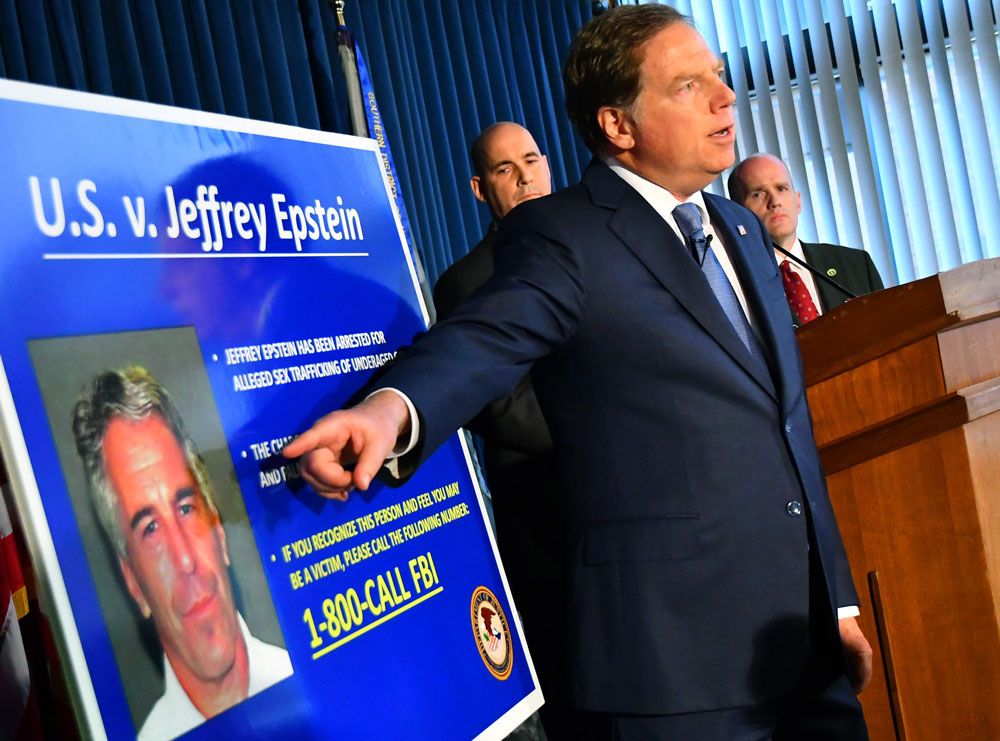Documents from Jeffrey Epstein lawsuits reveal ties to JPMorgan CEO

JPMorgan is facing renewed pressure to hand over documents from longstanding chief executive Jamie Dimon in litigation accusing the bank of keeping the late sex offender Jeffrey Epstein and his associates as customers despite numerous red flags.
Lawyers involved in two separate court cases — one brought by an alleged victim of Epstein and the other by the US Virgin Islands, where Epstein had a home — respectively urged a New York judge to compel the release of Dimon’s communications prior to 2006, and from 2014 to 2019.
JPMorgan, which Epstein banked with from 1998 to 2013, “has to date failed to produce any documents from before 2006, and is refusing to review pre-2006 materials” for crucial custodians including Dimon, “claiming that doing so would be unduly burdensome”, lawyers for the unnamed victim wrote on Thursday.
The US Virgin Islands, which has accused JPMorgan of “knowingly, recklessly, and unlawfully” facilitating the provision of funds paid to Epstein’s recruiters and victims, reiterated its allegation that “Dimon was personally involved both in decisions to retain Epstein’s accounts in the face of acknowledged high-risk activity . . . and in meetings and review related to Epstein’s referrals of prominent and high-wealth potential clients”.
It added that despite the chief executive’s “connections to this highly relevant subject matter, JPMorgan agrees to provide documents for him only through the year 2014”
Central to the US Virgin Islands’ argument is a consent order that was issued in early 2013 against JPMorgan by the Office of the Comptroller of the Currency, a US banking regulator, which identified compliance deficiencies at the bank.
The US Virgin Islands argued it “is entitled to discover what JPMorgan did and learned regarding Epstein and the applicable compliance program between 2013 and 2019”.
It added that the territory “also is entitled to learn what if anything became clear to JPMorgan in 2019 regarding Epstein’s conduct that would not have been obvious to it throughout the prior decade since the last time he was indicted for (and pleaded guilty to) child sex-trafficking conduct and since JPMorgan — internally — described Epstein’s purchase of a 14-year-old sex slave, and his provision of a line of credit to a modelling agency that was engaged in luring minor children for sexual play for money”.
Lawyers for the Epstein victim said the fact that he had already developed a close personal relationship with former JPMorgan executive Jes Staley in 2000, after which the future Barclays boss made multiple visits to Epstein’s properties, proved that “documents from the 1998–2006 period” would “be highly relevant” to the unnamed woman’s sex-trafficking claims.
Thanks for visiting Our Secret House. Create your free account by signing up or log in to continue reading.





